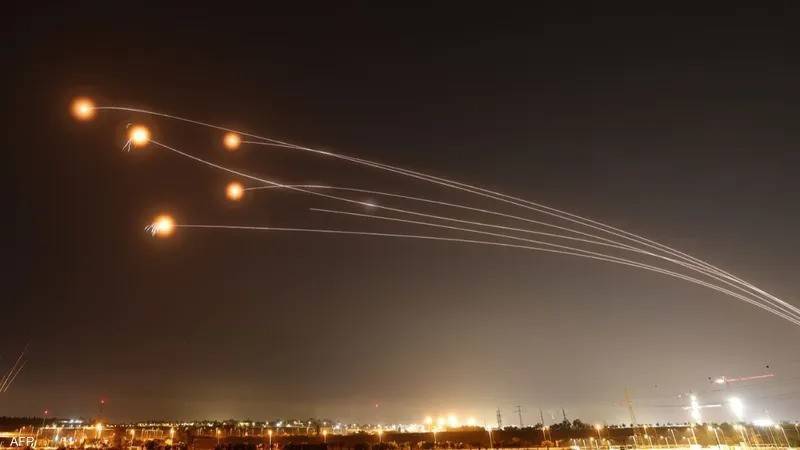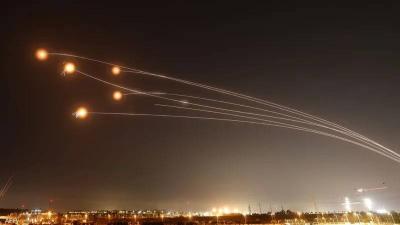The United States has entered the fray of warnings in the Middle East, with National Security Council spokesperson John Kirby predicting that Iran may attack Israel this week. Kirby warned that the timing of any attack could impact Gaza negotiations, emphasizing the necessity of being prepared for large-scale attacks. He also urged Europeans to define their roles in any response to an Iranian attack.
Kirby speculated that ceasefire negotiations would continue, calling on all parties to engage in discussions. The Wall Street Journal reported that Israel has put its military on high alert in preparation for an attack from Iran and Hezbollah. Meanwhile, the Financial Times cited Iranian sources suggesting that there might be no Iranian attack on Israel at all or that it could occur tonight. The sources confirmed that Tehran will remain vigilant to see if Israel will negotiate regarding Gaza first. Fox News reported from sources that Iran might launch an attack on Israel within less than 24 hours.
Axios revealed a phone call between Israeli Defense Minister Yoav Gallant and his American counterpart, Lloyd Austin. The site noted that Gallant informed Austin that Iranian military preparations indicated a potential large-scale attack, adding that Israeli intelligence assessments suggested that the Iranian attack would be direct and may occur before the scheduled negotiations regarding Gaza next Thursday. For his part, the American Secretary of Defense reiterated Washington's commitment to defending Israel. Austin stated that the U.S. has reinforced its military capabilities across the Middle East.
He disclosed that the aircraft carrier Abraham Lincoln, equipped with F-35 fighters, has been directed to expedite its transit to the Central Command area. The American Secretary of Defense also ordered the guided missile submarine Georgia (SSGN 729) to the region.
International relations expert Mohannad Al-Azzawi told Sky News Arabia that the Iranian response might be different and unconventional. He indicated, "The Iranian response may not be traditional, as it could involve strikes that create a large shadow over Israel, which may necessitate American involvement." He added, "For two weeks, military sectors in Israel have been on alert, which is taxing for the army; sometimes engaging in action is preferable to waiting, so the Iranian delay is itself a method of response."
International and regional affairs expert Hakim Amhaz analyzed how Tehran could respond: "The conflict is on the path of escalation, and during the last strike, there was no coordination; Iran did not respond strongly, but now the response will be more powerful and painful." He continued, "There could be a simultaneous response from Iran and all its proxies in the Middle East, in Lebanon, Iraq, and Iran, representing a strong strike, or it could be staged in an organized manner, which we will discover in the coming days..."
A Glimmer of Hope for De-escalation
Political writer and analyst Bashar Jarrar expressed that "there is a glimmer of hope for de-escalation, and that Iran may avoid launching a strike." Jarrar stated, "The reason for this is the Biden administration's desire and the Democrats' interest in avoiding defeat in the elections, due to unprecedented strikes against Israel and rising energy costs." He added, "Iran also does not want Donald Trump to return to power, knowing that a strike against Israel today gives Trump a chance to win the elections."




